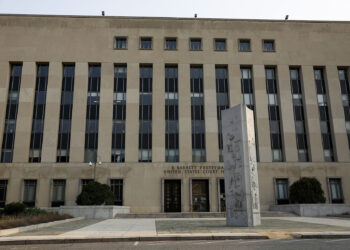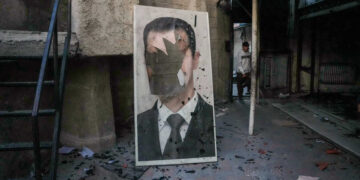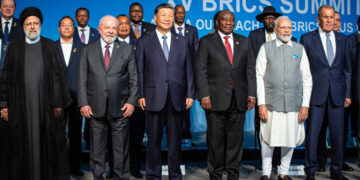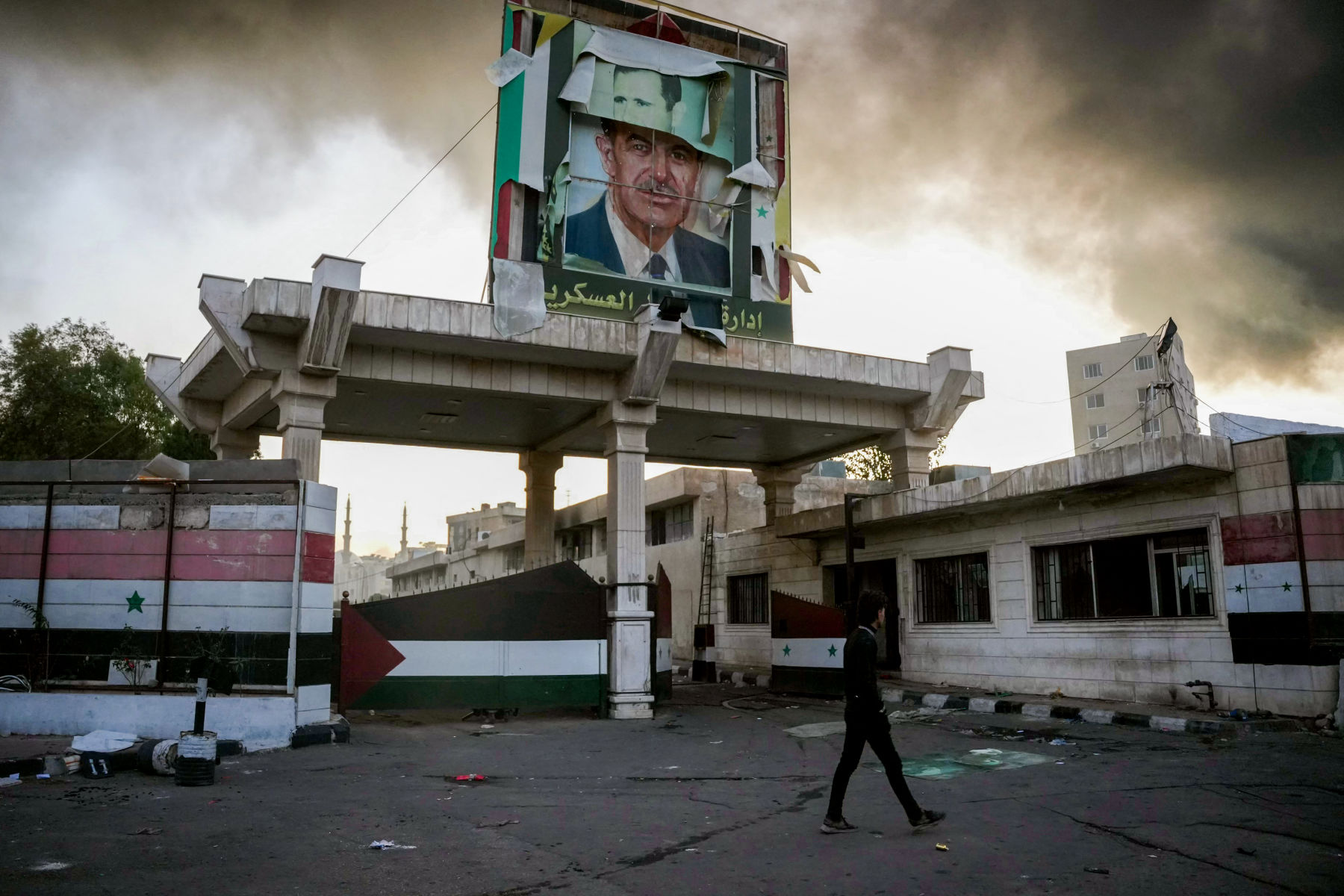Syrian journalist and writer based in Turkey
Syrian journalist and writer based in Turkey
In my first piece, which I wrote years ago that seems far away, I talked about how I was grateful to sunglasses because they were excellent at concealing my feelings and reining in the rebellion of my eyes and their reactions to what they saw. I also wrote about my mother and her birthday as well as about Palestine, Lebanon and Iraq.
I then stopped and turned towards the internet. Writing under a pen name, I substituted sunglasses with prescription eyeglasses, allowing my eyes to see freely without shades or filters. I then left to Palestine what was Palestine's and gave back to Syria what was Syria's.
Injustice, murder, displacement, detention and prison darkness are no longer the monopoly of Israel. I am no longer compelled to tag Israel to every sentence about the crumbled dream, the thriving corruption and the piercing oppression. In Syria, all of this exist in degrees that are, by all standards, beyond Israel's.
The advantage of the VPN-buffered pseudonym did not last long. Overnight, owners of Syrian websites, few as they are, began to complain and refused to publish my pieces. Then doom on me: they would publish but with strings attached. Respecting hierarchy is now compulsory, and it goes without saying that respecting hierarchy is, by implication, respecting the regime. In the meantime, writing on non-Syrian websites on Syria and other intellectual and social issues requires blood testing to see if it is Islamic or secular, leftist or right-wing.
Falling prey to complacency once again, I resorted back, disappointed and bored to tears, to the language of ambiguity and manipulation of the censor's mind so that I could smuggle out an idea or a sentence – sometimes a word. Then Facebook appeared. Hardly did I fully understand the newcomer, the revolution was ablaze in Syria. So, everything changed, or so I and many others expected.
I, like many others, was riled once again. I was enraged, I was sad. I cursed the murderers and delivered eulogies to my country's martyrs. I awakened my dreams from their slumber and I lifted hope out of the pit where I had buried it long ago. I no longer needed a pseudonym, especially after I became a refugee. Suddenly all obstacles and taboos impeding me were gone… or so I thought.
Facebook gave me the golden opportunity of getting news in real time, as it provided thousands of photos, videos and eyewitness testimonials, unveiling a secret agreement here and a deal there. Despite this remarkable media activity, which many risked their lives to document in Syria in the face of the regime's propaganda machine, a new state was looming large on Facebook pages. Armies began to take shape; partisanship ran rampant; comrades and brothers slipped into what they were mostly good at: excommunicating others as infidels or traitors and name calling one another as reactionary, obscurantist, secular or atheist.
What these people overlooked is that the arena is no longer confined to them and their salon and closed meetings, as was the case in bygone days. With Facebook, it became possible for everyone to participate.
In addition to the auspicious foray of partisan language and intellectual rivalry between the leftist and the right-wing on Facebook, Russia's and Iran's huge online armies and their "social media warfare" strategy came into play; thus, questioning every news item and issuing dozens of stories to protect their war on Syria. Apart from targeting specific pages and people, the regime carried on doing what it did best, rather the only work it was good at: Between issuing overseas and cross-border threats and raiding the families of some of its critics, the regime was again seeking to muzzle voices. All those nightmares were simply back.
Instead of MiG and Sukhoi warplanes firing rockets and dropping barrel bombs from the blood-red sky, Facebook was hurling racist incitement and defamation at refugees huddled in camps outside of Syria and riddled with fear of an unknown future, supposed to be an alternative to censorship and intelligence agents' control, has become a reflection of all that. Instead of raids and arrests, the Syrian regime has deployed social media as a sharp and deadly weapon.
Yes, the rules of the game have changed, but the essence of the conflict is still the same. The bleak Middle East is still bleak under the authority of intelligence services and corruption. What changed is that corruption has acquired websites and Facebook pages. A new intelligence department has been added to wage a new kind of warfare in a silent space that everyone thought was out of reach of regimes and their tampering. Chasing, through threats at times and defamation at others, was back. This time around, something has changed: an opportunity. The eyes that had gotten used to undimmed light is no longer able to adapt once again to the imprisonment of sunglasses.





































